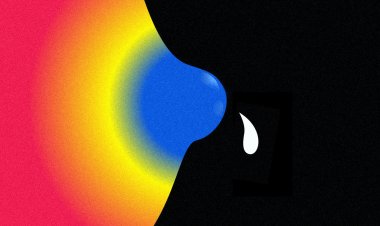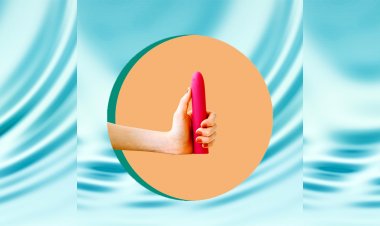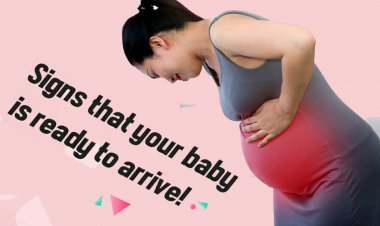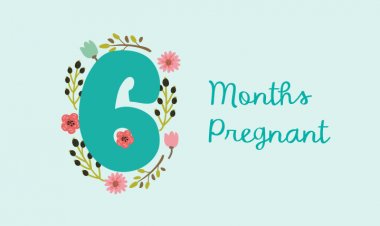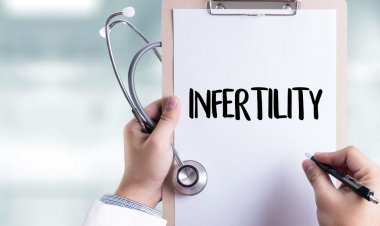Diet tips for pregnancy: what to eat
Good nutrition is important during pregnancy. If you have never given much thought to your diet before, it will take some changes when you are pregnant. In fact, everything you eat and drink will eventually go to your baby. How your baby grows, develops, reacts, and moves inside you will all be partly determined by the food you eat. This means you thinking about your pregnancy diet And it would be worthwhile to spend some energy making wise and intelligent decisions about what you eat.
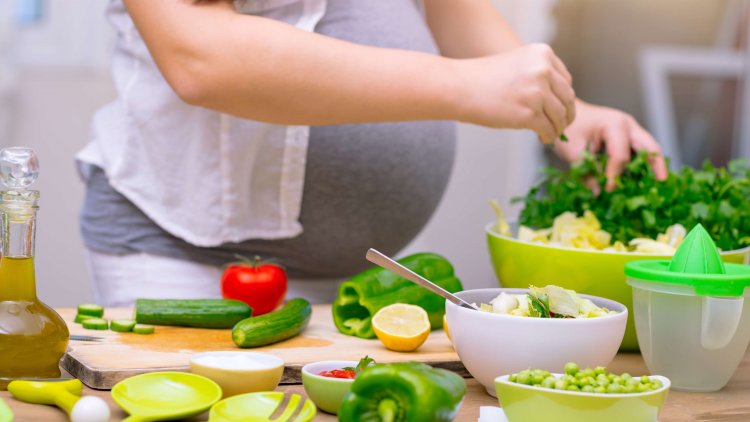
Overall, the nutrient requirement of the mother is higher during pregnancy than at other times
Therefore you will need to ensure that you eat foods of high nutritional quality.
Pregnant women who do not get enough nutrients from their diet are at risk of nutritional deficiencies.
Now that you know it's important to eat well during pregnancy, the question is: What is "good" food? What foods will help your pregnant body function well and help your baby grow to its potential? It's easy to get confused when there's a lot of information, especially when everyone has a different opinion.
Iron
- The primary source of iron is red meat, which contains "heme" iron. It helps in the formation of red blood cells that carry oxygen to all parts of your body and your baby. Red meat, eggs, chicken, and good quality cereals are foods rich in iron.
- Vitamin C is needed to help with the absorption of iron in the body, so eat some fresh citrus fruits every day.
- If you are a vegetarian, you need to make sure that you are also consuming enough iron and protein. It can be difficult to get enough iron from plant sources alone, so a supplement may also be needed. Iron pills can often cause constipation so if there is such a problem, increase your intake of fiber and fluids in your diet. You may also need to check your iron supplement intake at different times of the day or evening to reduce these side effects.
Protein
- Foods rich in protein and iron are often the same. Both of these are high in organic sources, especially in the fleshy part of meat such as meat and fish. Other sources are eggs, lentils and legumes, nuts, milk and dairy foods, brown rice, and beans.
- Protein is one of the nutrients that will curb your appetite. Protein takes longer to digest than many other nutrients and will keep you feeling full for a longer period of time. Try to include some protein in every main meal of the day. You will need 3-4 doses of protein a day during pregnancy.
- Protein will help you function effectively, support your baby's growing body and provide amino acids for both of you. These are known as bricks in the making of life because they are very important for our work.
Carbohydrate
- Complex carbohydrates are found in wholemeal bread, cereals, rice, and seeds. They will fuel your energy and help your baby grow. Potatoes, beans, oats, and corn are also good natural, sources.
- Sweet, sugary foods will provide you with normal carbohydrates, but they can also cause a sudden spike in insulin, which will leave you feeling sluggish and weak in the beginning after giving you a lot of energy. Look for slow-burn alternatives that will help stabilize your blood sugar and help maintain a stable and regular level of insulin in your blood.
Folic acid
Folic acid
It is required for cell growth and cell regeneration. Cells are the basic building blocks of tissues. Since folic acid is involved in the formation of blood, a deficiency of folic acid can also lead to maternal anemia. Folic acid is found in green leafy vegetables, liver, yeast extracts, eggs, nuts, peeled cereals, and oranges.
Vitamin C
- We need this vitamin every day because our bodies cannot store it. In absorbing iron, vitamin C enhances your body's ability to absorb iron. It is important to note that vitamin C and folic acid are easily destroyed by cooking and by heating. Vitamin C can be found in fruits especially oranges, guavas, papayas, kiwis, lemons, as well as vegetables.
- To prevent vitamin C from being destroyed, avoid storing fruits and vegetables for long periods of time. You should also avoid peeling and cutting them as vitamin C is destroyed when exposed to air for long periods of time.
- Vegetables should be cooked in the least amount of water and for as short a time as possible, to prevent water-soluble nutrients, such as vitamin C, from dissolving in the cooking water.
Calcium
During pregnancy, you need more calcium for your calcium storage as well as for the development of your baby's bones and teeth. Your calcium requirement during pregnancy is 1000 mg per day which can be met 2-4 times per day with milk and alternative food.
Feast
Eating and enjoying the occasional feast is an important factor in a balanced life. It makes us feel sad when we constantly deprive ourselves of the pleasure of eating a specific food item. If you want to eat a piece of cake, biscuits, or a bowl of ice cream, then definitely eat it. Just be a little more careful with the feasts. Homemade dishes usually taste better than store-bought ones, watch how much you put on your plate, eat slowly, and enjoy the taste and aroma of what you eat.

 mybabycare
mybabycare 









